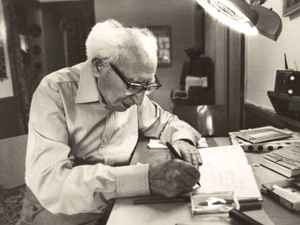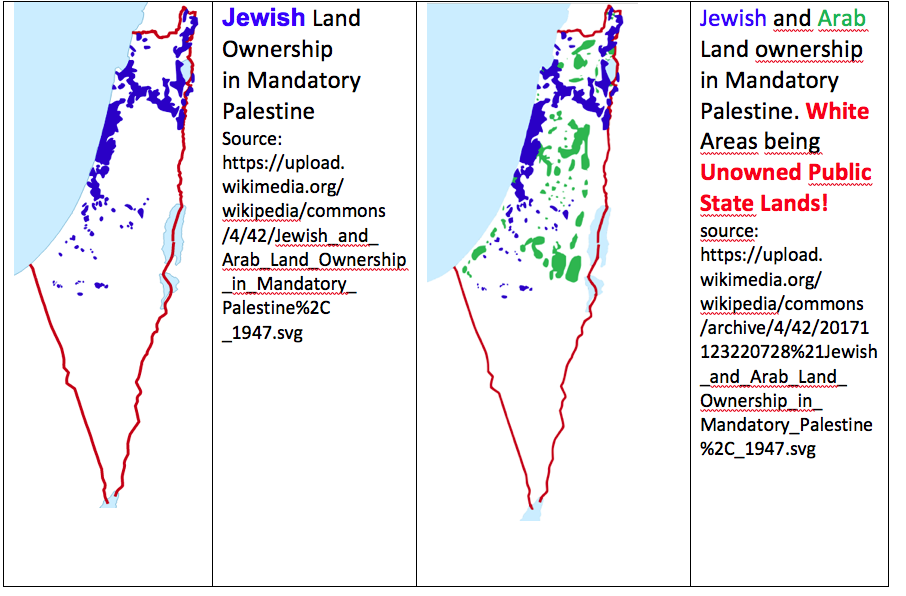1. How do Palestinians look at the Jewish claim of being the descendants
of the Israelites who lived in the land of Israel for centuries?
a.
They acknowledge the ancient history
of the Jews, but say that since they left, the land belongs to the Palestinians
now.
b.
They acknowledge the ancient history
of the Jews, but say that the land must be shared with the Palestinians now.
c.
They claim that true Judaism is Judaism is a
religion of revelation, like Christianity, and has no inherent tie to a
particular land. Any Jewish claim on the land of Palestine is political, not
religious.
d.
They deny that there is any legitimate
Jewish claim to the land by history or by religion.
2. Most Jews see Zionism as an authentic Jewish reaction to persecution
and a long held desire to return to the homeland of the Jewish people. How do Palestinians view Zionism?
a.
It is a legitimate expression of Jewish
desire for the land, which they oppose.
b.
It is a European enterprise, a colonialist project whose
main goal is to rob native Arabs of
their land and resources.
c.
It is an idea based on religious
ideas, but those ideas are all myths with no proof behind them.
d.
It is a misuse of a religious idea, and religion mixed with politics is always a
mistake.
3. Most Israelis will admit that no small land was taken away from
Palestinians during the 1948-1948 war and beyond, but that no small amount of the land
Israel occupies was either state land owned by the British, or bought and paid
for by Jews. What do Palestinians say
about these claims of state or purchased lands?
a.
That the land was sold by absentee Ottoman landlords in Turkey, and such sales were criminal.
b.
That the land was sold by desperately
poor Palestinians threatened with violence by Jews, and such sales are invalid.
c.
That the land was transferred
illegally by the British to Jews at the end of the mandate, but when the
British had no right to transfer the land, and that the ownership of all state
lands belongs to the Palestinians.
d.
That any land claimed to be owned by Jews as a state or as individuals is evidence of
war crimes committed by Zionist forces again and again, while the world has
done nothing.
4. Most Israelis acknowledge that Palestinians have been living in what is
now Israel, Syria, and Jordan for as long as since 1400CE, but reject Palestinians have lived there since ancient times. What
do Palestinians acknowledge when it comes to Jewish claims of Jewish ancestors
(Israelites) living in the region?
a.
Palestinians reject the idea, and say that their ancestors were the Jebusites and Cananites mentioned
in the Bible, and that they, not Jews, are the true Israelites and have lived in the
land for thousands of years.
b.
That there is archaeological evidence
for Jews living in the land since ancient times, which may mean they have the right to live in
the land, but they have no right to a state or political power today.
c.
That while there is archaeological
evidence for Jews living in the land since ancient times, that evidence is irrelelvant since the ancestors
of the Jews decided to leave.
d.
That perhaps Sephardic Jews can
prove they had ancestors in the Middle East, but Ashkenazi jews from Europe can
make no such claim.
5. Israelis acknowledge that Palestinain Arabs came to farm the land under
the Ottoman Empire centuries ago, but claim
there never was an independent Palestinian
nation or unique Palestinian people. How do the Palestinian people see
themselves?
a.
As part of the Arab peoples, sharing
many foods and cultural ideas with Arabs in neighboring areas (The Levant).
b.
As a branch of the Arab peoples with
some unique cultural ideas and some shared ones.
c.
Palestinian identity and nationality differ fundamentally
from other Levantine Arab people and are unique in terms of food, dress, language, and even
approach to Islam.
d.
That there was not only a unique Palestinian
people and culture, but a Palestinian royal
family, national assembly (The Majlis Umara’i), and supreme court , most of whom were all murdered by the Ottomans and the British,
and the last by the Zionist Jews.
6. The British favored whom during their Mandate over Palestine? The
Palestinians or the Jews?
a.
The British were always pro-Arab,
revoking promises to the Yishuv (Jewish settlement in Palestine) and standing aside when Arabs murdered Jews. Ask Any
Israeli.
b.
The British were always pro-Zionist. They
allowed illegal immigration, suppressed Palestinian
self rule, trained Zionist soldiers, and
punished Palestinians brutally. Ask Any
Palestinian.
c.
The British were clumsy administrators, paralyzed with self doubt and
argued constantly, distracted by uprisings in India; some favoring Jews and some favoring Arab residents of
Palestine. This led to overall favoring of the Yishuv if only by accident. Ask Any Brit.
d.
The British played Arabs and Jews against each
other as to keep their rule of Palestine unchallenged. Anti-Semitism in British government and a
fear of Political attack from oil-rich Arab nations led the British to regularly lean in favor
the Arabs in Palestine. Ask any historian.
7. The Israeli narrative of history says that war in 1947-1949 happened
because despite the UN resolution to accept a Jewish state, the Arabs rejected the plan, vastly
outnumbered the population of Yishuv, and that Arab leaders promised slaughter
of the Jews, urging Arabs to flee as the armies of seven Arab nations wiped the
Zionists out. How do Palestinians view the
outbreak of war in this time?
a.
As a disaster, for had they compromised,
and followed the UN plan instead of waging war, Palestinians would have had a state with resources and borders
and their people would be equals in the modern world to the Israelis and other
Arab states.
b.
It was an embarrassment of overconfidence
; nobody believed the Jews were able to fight better than the Palestinian warriors
who once were mercenaries all over the middle east.
c.
It was the implementation of a detailed
and long planned act of ethnic cleansing of Palestinian people from their land, who were basically pacifists with neither weapons nor infrastructure to wage
war.
d.
It was a punishment from God; had the Palestinians declared Jihad on the Jews
from the moment they started arriving in large numbers, the land would have remained in their hands
until this day.
8. Israelis today are facing accusations that actions by many Jewish
groups in the effort to create a Jewish state include some horrific events such
as expulsions at gunpoint and even some massacres. It is a difficult discussion
for Israelis to have. Are Palestinians having similar difficult discussions
about massacres, anti-Jewish riots, and terror attacks in that same pre-State
period?
a.
Yes, and they are far more open about
these violent incidents than Israelis.
b.
Yes, and it is as difficult for them
as it is for the Israelis.
c.
No, but
younger Palestinians are starting to ask some of these difficult questions.
d.
No. They believe that disturbances that led to loss of life were
justified and spontaneous actions by the Palestinian people against the British/Zionist
alliance, and are acts of heroic resistance.






